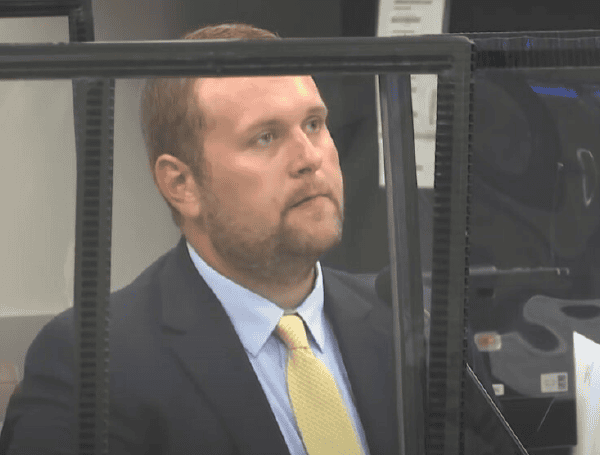The Florida Supreme Court will consider a case that raises a critical question about the scope of the state’s Racketeer Influenced and Corrupt Organization (RICO) Act: Can an individual acting alone be convicted of racketeering?
The case stems from the conviction of Zachary Wester, a former Jackson County Sheriff’s deputy, who was found guilty of planting drugs in vehicles during traffic stops. While a lower court upheld Wester’s convictions on other charges related to the planted drugs, it overturned his RICO conviction, arguing that the law was designed to target organized crime, not individuals acting alone.
READ: Florida AG Moody Announces Criminal Charges Against Would-Be Trump Assassin Ryan Routh
Attorney General Ashley Moody’s office has appealed this decision to the Florida Supreme Court, emphasizing the importance of RICO as a tool to combat both organized crime and individuals who exploit their positions within organizations for criminal purposes.
In a brief filed Friday, Moody’s office argued that the lower court’s ruling could have far-reaching consequences, hindering prosecutors’ ability to hold accountable individuals who use the resources of an organization, whether witting or unwitting, to further their criminal activities.
“Individuals backed by the potentially enormous resources of a corporate or governmental entity are far more dangerous than individuals acting alone,” the brief stated.
READ: Jennings Middle School Teacher Arrested For Child Abuse: Hillsborough County Sheriff
However, the appeals court maintained that applying RICO to individuals acting alone would create unintended consequences and deviate from the law’s original intent to address organized crime.
Judge M. Kemmerly Thomas, writing for the majority, acknowledged that Wester used his position as a sheriff’s deputy to carry out his crimes, but emphasized that he acted alone, not in concert with others.
This case presents a complex legal question with significant implications for the interpretation and application of Florida’s RICO Act. The Supreme Court’s decision will have a lasting impact on how the state prosecutes individuals who abuse their positions of authority for criminal gain.
Please make a small donation to the Tampa Free Press to help sustain independent journalism. Your contribution enables us to continue delivering high-quality, local, and national news coverage.
Connect with us: Follow the Tampa Free Press on Facebook and Twitter for breaking news and updates.
Sign up: Subscribe to our free newsletter for a curated selection of top stories delivered straight to your inbox.

